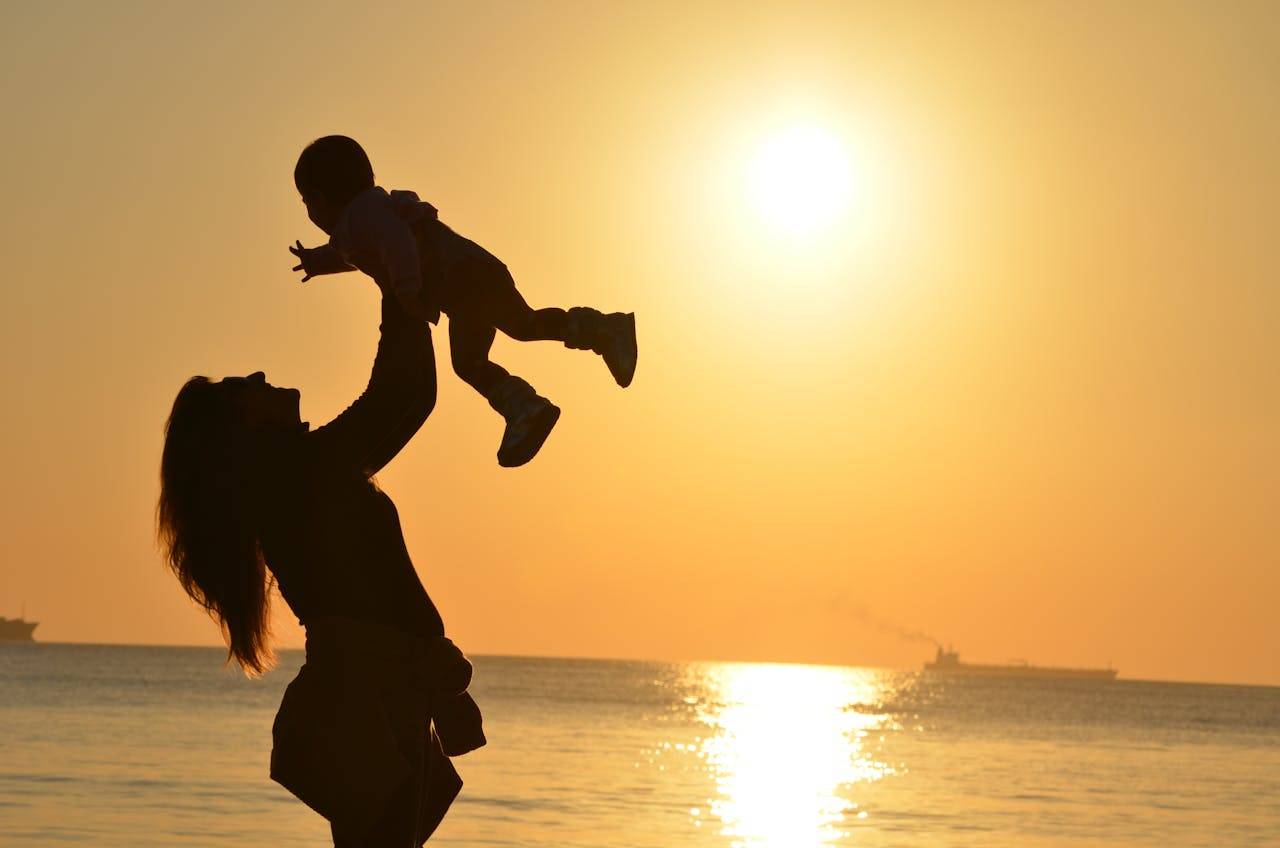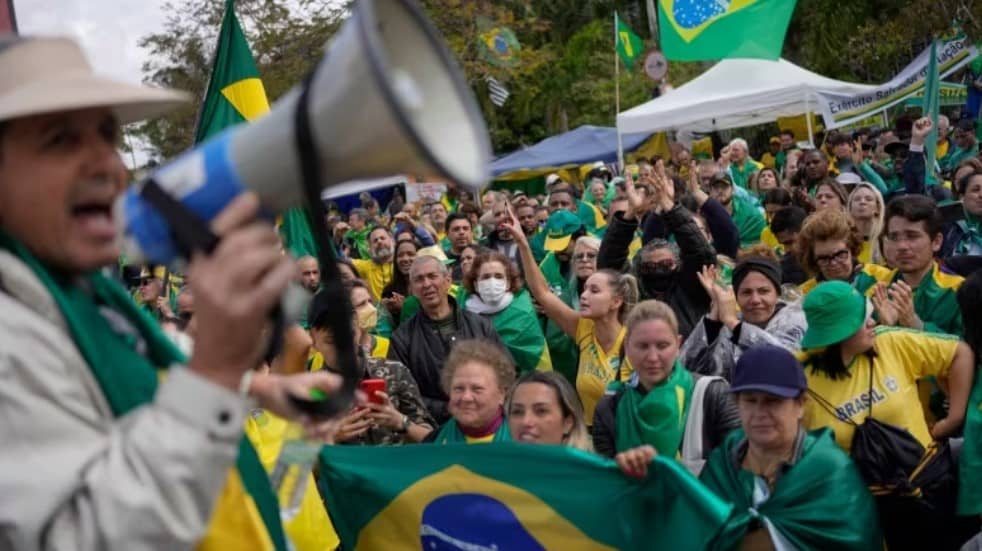DUBLIN, Ireland – Wednesday’s announcement that Pope Francis is to visit Ireland in August to celebrate the World Meeting of Families took no one by surprise. While organizers of the August 21-26 event have been at pains to point out for months that a papal visit was not a given, Francis himself has been telling anyone who’d listen for almost three years that he’s Dublin bound.
The announcement was met with universal joy amongst Irish Catholics. Even if the country is no longer as instinctively devout as in past generations, a visit from a pope is still a big deal in a land where 78 percent of people still choose to self-identify as Catholic.
Prime Minister Leo Varadkar – an openly-gay politician who is campaigning to liberalize abortion laws with a referendum due to be held just weeks before the pontiff is due in Dublin – described the Pope as “certainly a welcome guest” and that he is looking forward “to greeting him during his visit.”
The mood of jubilation, however, changed quite quickly when it emerged that Francis would not visit Northern Ireland as part of the Irish trip. Vatican spokesman Greg Burke confirmed the news that Dublin would be the only venue, while insisting that this didn’t rule out a possible visit to Northern Ireland by the pope in the future.
Many Catholics in the North expressed immediate disappointment.
“My heart was so set on it, it seemed so obvious that a second pope should not come to Ireland and fail to visit the North where there is this great wound in Ireland, and it seemed like the obvious place for Francis to go,” said Bishop Alan McGuckian of Raphoe.
He is, of course, referring to the historic visit of Pope St John Paul II to Ireland in 1979. At the time, some 2.7 million people – half the population of the island – turned out to greet the Pontiff at various events around the country.
The big disappointment preventing a visit to the North was that due to a fresh upsurge in sectarian violence in the region, it was deemed too unsafe for John Paul to cross the border. It meant that the 1979 trip was often described as unfinished.
The Polish Pontiff is known to have remarked to this effect several times during Irish bishops’ ad limina trips to Rome in the years that followed his visit to Ireland.
A popular talk show on BBC Northern Ireland – describing itself as the biggest show in the country because of its huge viewership – led that evening with the question as to why the pope is snubbing Northern Ireland? There were plenty of agitated Catholics in the audience to give voice to their disappointment.
McGuckian said, “I’m delighted that the pope is coming,” before adding, “I’m disappointed that it looks like he may not visit the North, which I believe and still believe was a hugely important opportunity.”
His comments were echoed by Bishop of Derry Donal McKeown who, still holds out hope that there could be a change of heart in Rome.
“I would be very keen that that could still be considered,” he told reporters. “It would be a big opportunity for so many of us,” he said.
What’s particularly interesting about the reaction to the non-inclusion of Northern Ireland on the itinerary, is the number of leaders in the Protestant churches coming forward to express disappointment.
Rev. Ken Newell, a former Moderator of the General Assembly of the Presbyterian Church in Ireland, thinks the pope coming to Northern Ireland would’ve helped the region draw a line under past bad relationships between Christians of different denominations.
“Certainly, he would’ve aided reconciliation…there is no good reason why he shouldn’t come here, and this is after the last Papal visit in 1979 when he [John Paul II] was blocked from coming North…Northern Ireland is a priority without any doubt,” he said.
Newell, who is heavily involved in ecumenism in Northern Ireland, said he detects “a great deal of disappointment turning to anger in the Catholic community. There is a feeling that the whole thing has been mismanaged.”
David Quinn, a Catholic commentator and columnist with The Sunday Times, believes “it’s a huge missed opportunity if the pope doesn’t go North.”
Privately, Church sources admit that organizers of the World Meeting of Families are concerned that a visit to Northern Ireland might detract from events in Dublin. But, for Quinn “it’s a risk worth taking.”
“Even if it did overshadow the World Meeting of Families, a visit to the North will attract the attention of the international media. It would make the visit an automatic and historic success.”
Quinn said that restricting the visit to Dublin – “which is the most secular part of the country” – is a great risk and “means that the visit is bound to appear less successful when compared to 1979.”
“If the pope goes North, it would ensure the success of the visit,” Quinn said, before adding “it should be done in its own right anyway. A visit to Northern Ireland would be hugely important.”
Most observers believe that the Church north of the border is in better health than in the south. Based on metrics like Mass attendance and parish engagement, Catholics in the North are more involved. This has led some to question the long-term effects of the disappointment.
Belfast-based Father Michael McGinnity, who is World Meeting of Families’ delegate for the Down and Connor Diocese, said the disappointment is palpable.
“People are upset that the pope will not be coming North of the border,” he said, “there was such an expectation amongst northern Catholics.”
Quinn said that “it’s understandable that northern Catholics feel sore about this.”
But, will it have an effect on morale?
“I hope it wouldn’t, I hope that the faith would be sturdy enough, but you’d understand the annoyance. And I don’t know what Church leaders would want that.”
There is still time for a change of heart. Before the announcement, there had been a consensus amongst members of the Irish bishops’ conference that a visit to Northern Ireland would be helpful. Northern bishops are known to be expressing their disappointment to the Vatican ambassador to Ireland, Archbishop Jude Thaddeus Okolo.
In the meantime, the ball is in the pope’s court.
For David Quinn, it’s a no-brainer.
“It seems to me that the pope has been very badly advised on this.”
Michael Kelly is editor of The Irish Catholic newspaper.
















